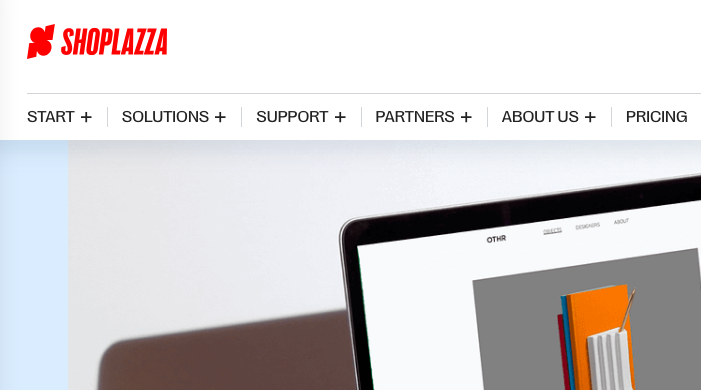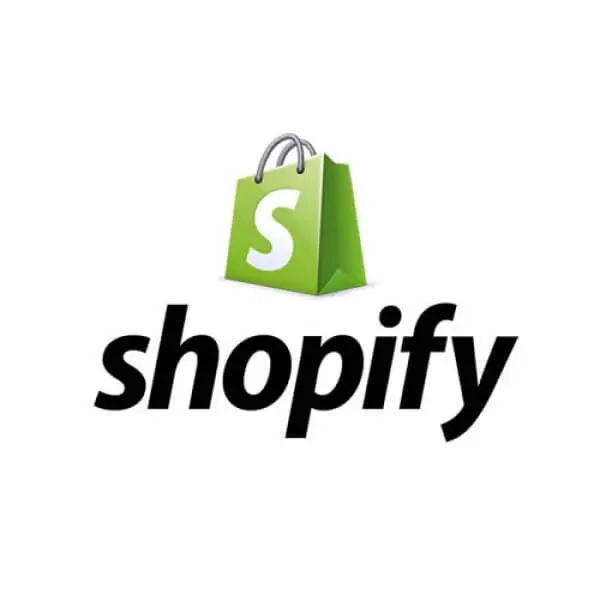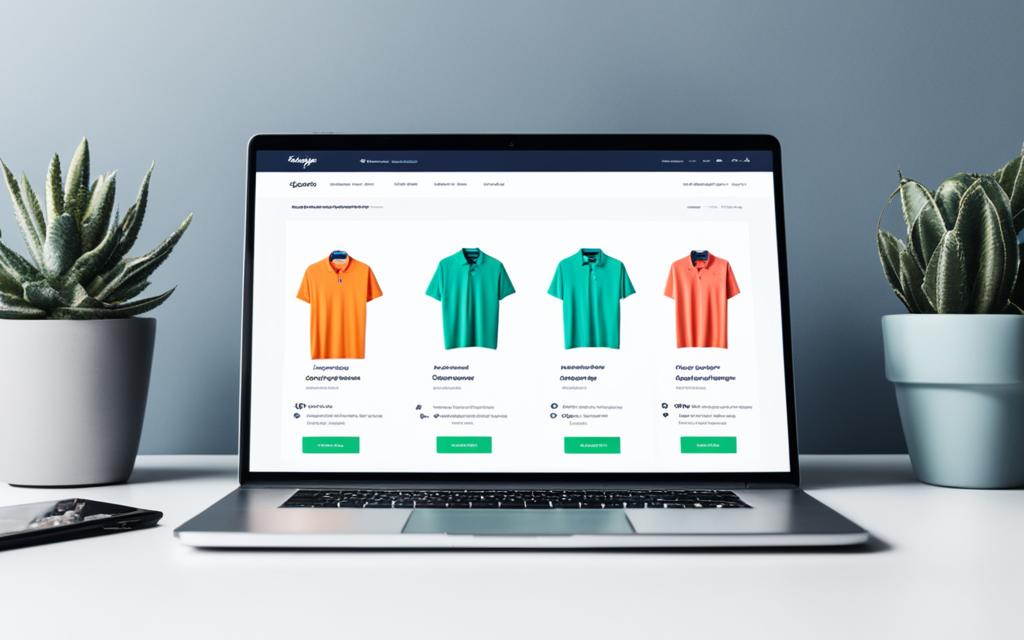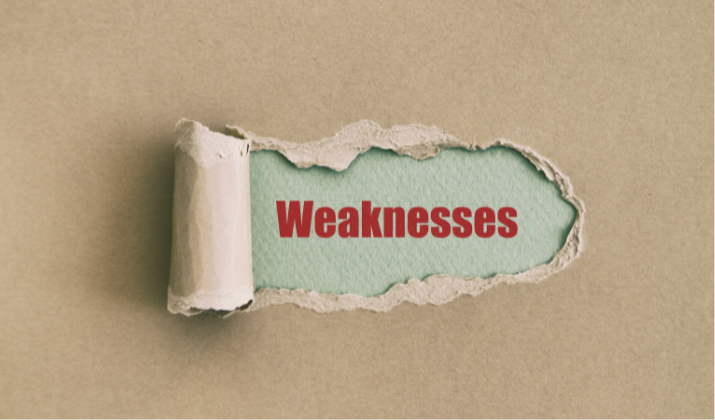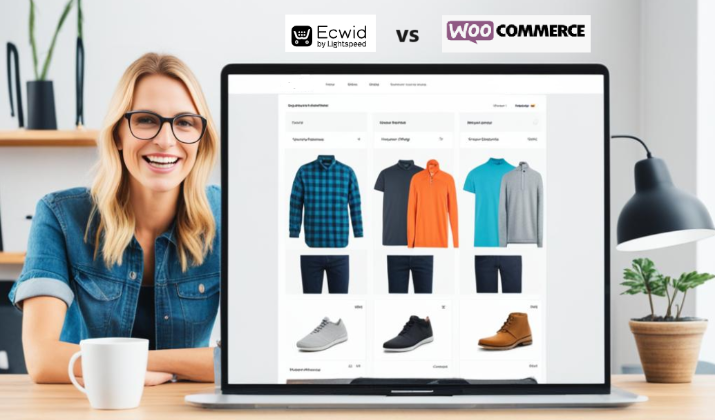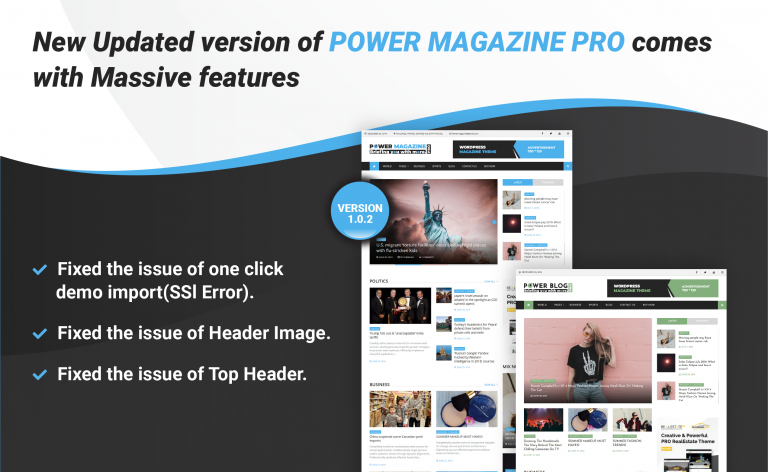As much as it is easy to start an ecommerce business today, it is difficult to find the right ecommerce platform.
This is especially due to availability of so many ecommerce solutions in the market.
Shoplazza and Shopify are two of the more popular players in this long list. Today, we are going to review these platforms keeping them next to each other. We will discuss their features, pros and cons, pricing and other parameters.
Hopefully, by the end, you would be able to decide if one of these will work for you to achieve your ecommerce goals.
Stay tuned.
Overview
Shoplazza
Shoplazza is a leader in global ecommerce services, leveraging years of eCommerce and digital infrastructure experience to bring the best in international online retail services to their clients.
They offer SaaS (software-as-a-service) solutions that empower users to create, manage and grow B2C (business-to-consumer) and DTC (Direct to Customer) businesses.
Shoplazza utilizes its expertise to provide comprehensive solutions that cater to the needs of businesses of all sizes, from start-ups to established brick-and-mortar stores looking to expand their cross-border sales.
Their innovative approach combines cutting-edge technology with a deep understanding of the evolving online retail landscape.
Check Out: GoDaddy vs Shopify
Shopify
Shopify is a Canadian multinational ecommerce company that offers a cloud-based software as a service shopping cart solution, allowing businesses to set up online stores with ease.
It provides multiple pricing plans suitable for businesses of all sizes, offers integrations to help grow businesses, and allows users to access an admin panel to manage store information, add products, and process orders.
Try Shopify free followed by first month at just $1. No credit card required. Limited Time Offer.
Shopify also offers a wide selection of free and for-purchase design templates to customize online stores.
The ecommerce platform is known for its flexibility, allowing users to personalize themes, build custom apps, and create rich experiences without compromising ease of use.
Key Features
Take a look at the key features:
Shoplazza
- Customizable Templates: Shoplazza provides a range of customizable templates for designing online stores, allowing users to adjust colors, fonts, and layouts to match their brand’s aesthetic.
- Customer Support: Shoplazza offers excellent customer support through email and live chat, along with a comprehensive knowledge base for assistance.
- Product Variety: Users can sell both physical and digital products on Shoplazza, making it suitable for businesses of all types and sizes.
- Third-Party App Integration: Shoplazza integrates with various third-party apps to enhance the functionality of online stores, covering areas like marketing, sales, inventory management, and shipping.
- Pricing Plans: Shoplazza offers multiple pricing plans tailored to different business needs and budgets, each with a range of features to choose from.
- Migration Service: Shoplazza provides a migration service to help users move their existing online stores to the platform, including transferring product data, customer data, and order history.
- Domain Name Usage: Users can use their own domain names with Shoplazza, allowing them to maintain brand identity and enhance store recognition among customers.
- Beginner-Friendly: Shoplazza is designed to be user-friendly, making it suitable for beginners with an intuitive interface and easy-to-use tools.
- Security: Shoplazza prioritizes security by using SSL encryption to protect customer data, complying with PCI standards, and ensuring secure transactions.
- Customization: Users can customize their Shoplazza stores without coding skills, and developers have the option to add features and customizations through the platform’s API.
- Marketing Tools: Shoplazza offers a range of marketing, advertising, and promotion features, including integrations with social media platforms, email marketing tools, and SEO optimization.
- Store Management: Shoplazza provides tools for easy store management, including a drag-and-drop store builder, inventory management, analytics, and support for up to 100 staff accounts.
- Inventory and Shipping: Users can manage real-time inventory data, update product information, categorize products, and integrate with global shipping partners covering over 150 countries.
Shoplazza’s comprehensive set of features, user-friendly interface, customization options, and security measures make it a versatile platform for businesses looking to establish and grow their online presence effectively.
Explore: Shopify vs Instamojo
Shopify
Try Shopify free followed by first month at just $1. No credit card required. Limited Time Offer.
Shopify offers a wide range of features that make it an attractive ecommerce platform for businesses of all sizes:
Easy to Set Up
- Intuitive drag-and-drop website builder with over 70 customizable themes
- Mobile commerce compatibility
- Support for over 100 payment gateways and multiple languages
- Unlimited bandwidth
Store Management Features
- Automated calculation of shipping charges and taxes
- Abandoned cart recovery to re-engage potential customers
- Inventory management and order tracking
- Secure payments with a free SSL certificate and PCI compliance
Also Read: Shopify vs Fourthwall
SEO & Marketing Tools
- SEO-friendly page titles, meta descriptions, and fast loading speeds
- Integration with social media platforms for direct selling
- Powerful analytics to track sales, traffic sources, and customer behavior
- Abandoned cart recovery emails to re-engage potential customers
Global Selling Capabilities
- Localized storefronts, domains, and URLs for each market
- Translate store content into multiple languages
- Customize product pricing and availability for each market
- Accept local payment methods and display prices in local currencies
Scalability & Flexibility
- Unlimited products and storage
- Ability to customize themes with HTML and CSS
- Shopify App Store with over 6,000 apps to extend functionality
- Dedicated mobile app for managing your store on-the-go
Shopify’s comprehensive set of features, ease of use, and scalability make it an ideal choice for businesses looking to establish a strong online presence and grow their ecommerce operations.
Pricing
Shoplazza
Shoplazza offers several pricing plans to cater to businesses of different sizes and needs:
Basic Plan
- $39 USD/month or $51 CAD/month
- 3 staff accounts
- Unlimited products
- 2% third-party payment fee
- 24/7 support
Premier Plan
- $105 USD/month or $132 CAD/month
- 5 staff accounts
- Unlimited products
- 1% third-party payment fee
- 24/7 support
Pro Plan
- $399 USD/month or $517 CAD/month
- 15 staff accounts
- Unlimited products
- 0.5% third-party payment fee
- 24/7 support
All plans include:
- Embedded integration with multiple sales channels
- One-click connection to social platforms
- Discount codes
- AI-powered recommendations
Shoplazza also offers a free trial for 7 days with no credit card required. The pricing is below average compared to other ecommerce platforms.
Also Read: Shopify Free Trial
Shopify
Try Shopify free followed by first month at just $1. No credit card required. Limited Time Offer.
Shopify’s plans start from $29 per month for the Basic Shopify plan, offering access to the platform’s hosted solution and basic features.
Then comes the Shopify plan at $79 per month, the Advanced plan at $299 per month, and finally the Plus plan at $2300/month. The higher you go, the more features you get.
Shopify allows you to use its services for free for the first three days. Thereafter, you can continue with the first month by paying $1. This means you get ample time to dig deep into it before subscribing.
Are there any Chinks in the Armoury?
Despite offering great features and scoring well in most areas, both Shoplazza and Shopify have some limitations. Take a look at the areas they need to improve.
Shoplazza
- Fewer Integration Options: Shoplazza offers slightly fewer integration options compared to Shopify, limiting the flexibility to expand functionality through third-party apps.
- Slightly Limited Theme Options: While Shoplazza provides free and premium themes, the platform has a slightly limited selection compared to other ecommerce platforms like Shopify.
- Complex Developer Center: Shoplazza’s developer center may be perceived as complex, potentially posing challenges for users looking to customize their online stores extensively.
Also Read: Shopify vs Shopee
Shopify
- Higher Pricing: Shopify’s pricing plans can be more expensive compared to some other ecommerce platforms, which may not be ideal for budget-conscious businesses.
- Additional Costs: Apart from the subscription fees, users may incur additional costs for premium themes, paid apps, and domain names, potentially increasing the overall expenses of using Shopify.
- Limited Theme Customization: While Shopify offers a range of themes, customization options may require technical knowledge in coding, limiting the flexibility for users without coding skills to make comprehensive changes.
Do consider these factors before making a decision. It’s important to evaluate a platform inside out to get a clear idea of what a platform is capable of and where does it struggle.
Also Read: Printify vs Shopify
Try Shopify free followed by first month at just $1. No credit card required. Limited Time Offer.
Conclusion
Shopify is a well-established and popular choice, particularly for small to medium-sized businesses, while Shoplazza brings innovative global solutions and an open platform approach.
The choice between Shopify vs Shoplazza will depend on the specific needs and requirements of your individual business, your target market, and your budget.
Both platforms have the potential to help your online store grow and succeed in the competitive ecommerce landscape.

